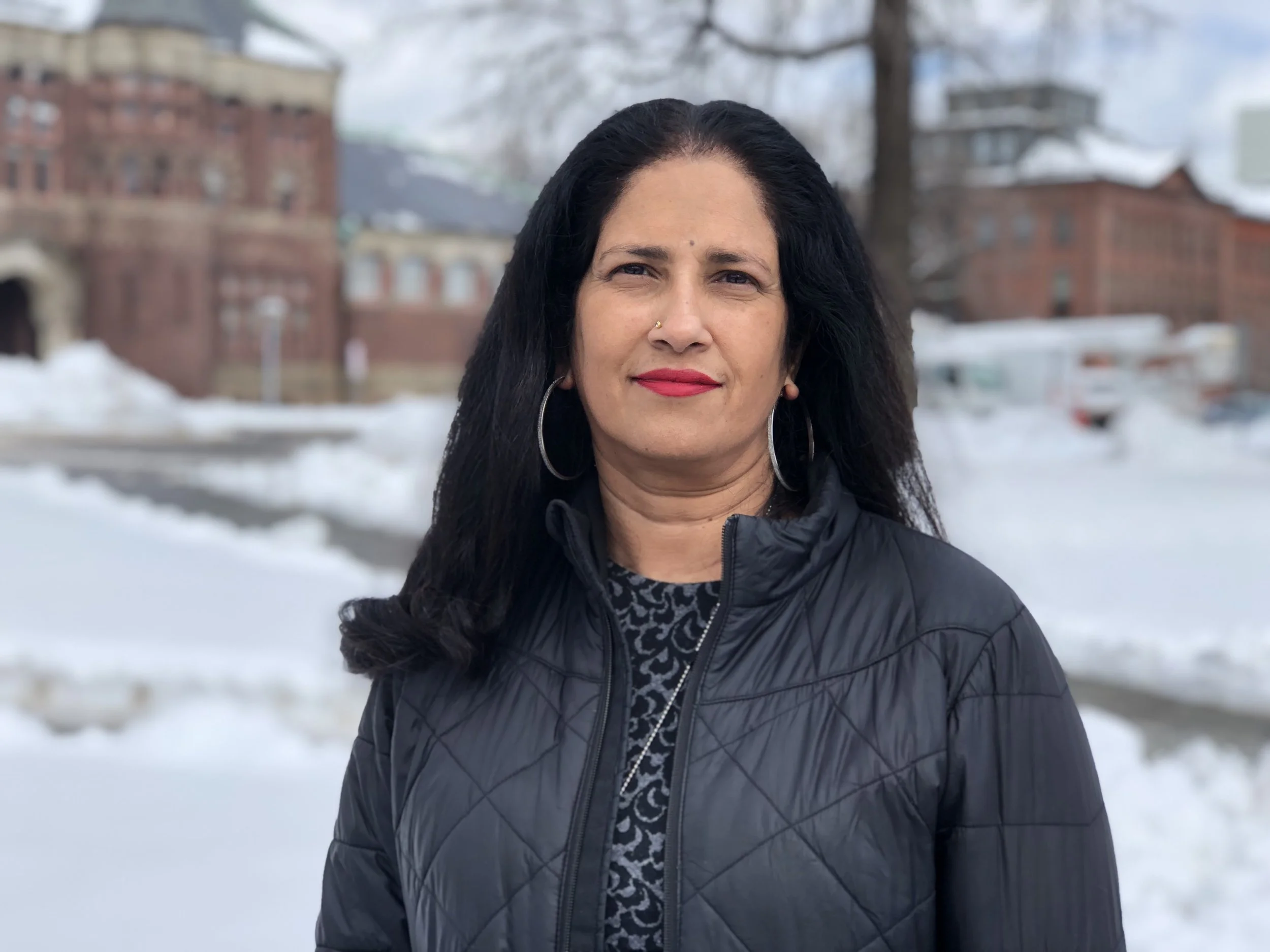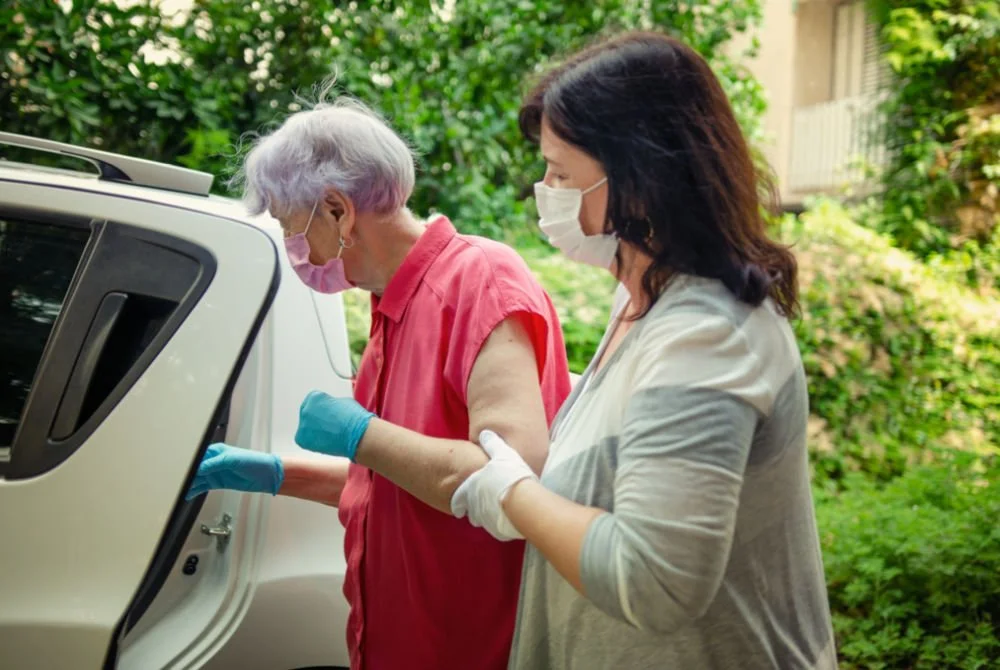An Old Foundation with a New Strategy Expands Its Early Childhood Work
/photo: santypan/shutterstock
You may not have heard of the family foundation behind a $12.75 million gift to launch an early childhood learning center in Orlando, Florida, but it’s worth taking note. Now entering its 50th year, the Bainum Foundation has recently emerged as a player to watch in the early childhood learning space.
As recently as 2015, the Bainum Foundation’s list of grantees read like a hodgepodge of random causes with likely little more in common than family members’ personal passions and interests. There were gifts to colleges and universities, boys and girls clubs and the local food kitchen.
The foundation reported about $500 million in assets. Its annual giving in 2015 added up to about $16 million, but few gifts topped $1 million.
A big focus was granting scholarships to low-income kids attending faith-based schools or providing direct support to the schools, said Ann Egan, the foundation’s communications director. The organization’s founders Jane and Stewart Bainum both attended Seventh Day Adventist schools and wanted to support others who wanted to do the same.
However, around 2015, the foundation started to shift its focus in a more strategic direction. Since then, it’s emerged as a generous backer of early childhood education, with much of its work focusing on the most disadvantaged neighborhoods in Washington, D.C.; the foundation is based in neighboring Bethesda, Maryland. The foundation also focuses on mental health in schools and food security.
In 2017 alone, the foundation spent nearly $9 million on increasing the number of high-quality childcare seats in D.C.’s low-income neighborhoods and bringing mental health services to public high schools.
Now, Bainum has pledged $12.75 million to create about 150 new childcare spots for infants and toddlers in Orlando, Florida. About $5 million will support construction and $7.5 million will fund general operations when the center opens in 2019. The funder will also assist on designs, operations, governance and evaluation.
The center is part of a broader revitalization project led by LIFT Orlando, which is working to encourage investment that supports mixed-income housing, cradle-to-career education, community health and wellness, and long-term economic viability.
At first glance, this grant is a little bit of an outlier when compared to Bainum’s revamped giving strategy. Up until this point, much of the funder’s early education work has focused locally in D.C. What prompted the foundation to make a big investment in Orlando?
The answer actually lies in its history of funding faith-based work, Egan said. Even though Bainum’s strategy has shifted, it’s maintained its Seventh-day Adventist Initiative. Previously, the initiative was in charge of doling out scholarships to low-income children attending faith-based schools. When the foundation committed to early childhood learning and mental health in schools, the initiative’s work shifted to align better with funder’s overall strategy.
The foundation learned about the Orlando work through its Seventh-Day Adventist Initiative, which was working with the Florida Hospital Foundation, a Seventh-day Adventist hospital. The hospital’s foundation was partnering with LIFT Orlando to revitalize the city.
“It was a great fit, as we share a commitment to providing services and supports to low-income communities to create opportunity and help children and families thrive,” Egan said. “The challenges of the West Lakes neighborhood are similar to those of the communities we serve in the D.C. area (Wards 7 and 8), so we had relevant experience and expertise to share.”
Bainum’s focus on childcare is worth noting. It’s a space that’s been overlooked even by more experienced early childhood education funders in favor of working with schools or directly with parents, which in some cases, can be an easier lift. Kids in school are easier to reach, in part because of the infrastructure schools provide and in part because of the long history of philanthropists working in schools.
Reaching parents is a little trickier, but there are a lot of innovative funders working to connect with parents through voices they trust—whether that’s a community leader or a trusted television show. Too Small to Fail is one example of an organization taking this approach. The Kenneth Rainin Foundation’s Talk, Read, Sing initiative is another that reached out directly to parents to get them to start building early literacy skills at home before children reach school age.
Despite all that work in the space, though, high-quality, affordable childcare is still an issue that gets much less attention than it deserves. Access to good childcare is not only beneficial to the child, it also bolsters the long-term financial health of a family. Affordable, high-quality childcare means a parent can return to work full-time. It also means that the child is receiving age-appropriate instruction to make sure she’s prepared to enter the school system.
Reaching kids before they enter school has become an increasingly urgent mission for early childhood learning funders, as emerging brain science reveals the importance of development from birth to age three—traditionally before children even enter the school system.
Bainum is part of a growing group of foundations that have made child care part of their strategy. It’s joined by the W.K. Kellogg Foundation, a longtime child care supporter among education philanthropy circles. The Pritzker Children’s Initiative also recently included child care as part of a one-year, $6.5 million pilot program to support birth-to-three development. In Philadelphia, the William Penn Foundation is leading work to create more space for kids in high-quality child care facilities. On the corporate side, Vanguard has also made this work a priority.
Related:







































